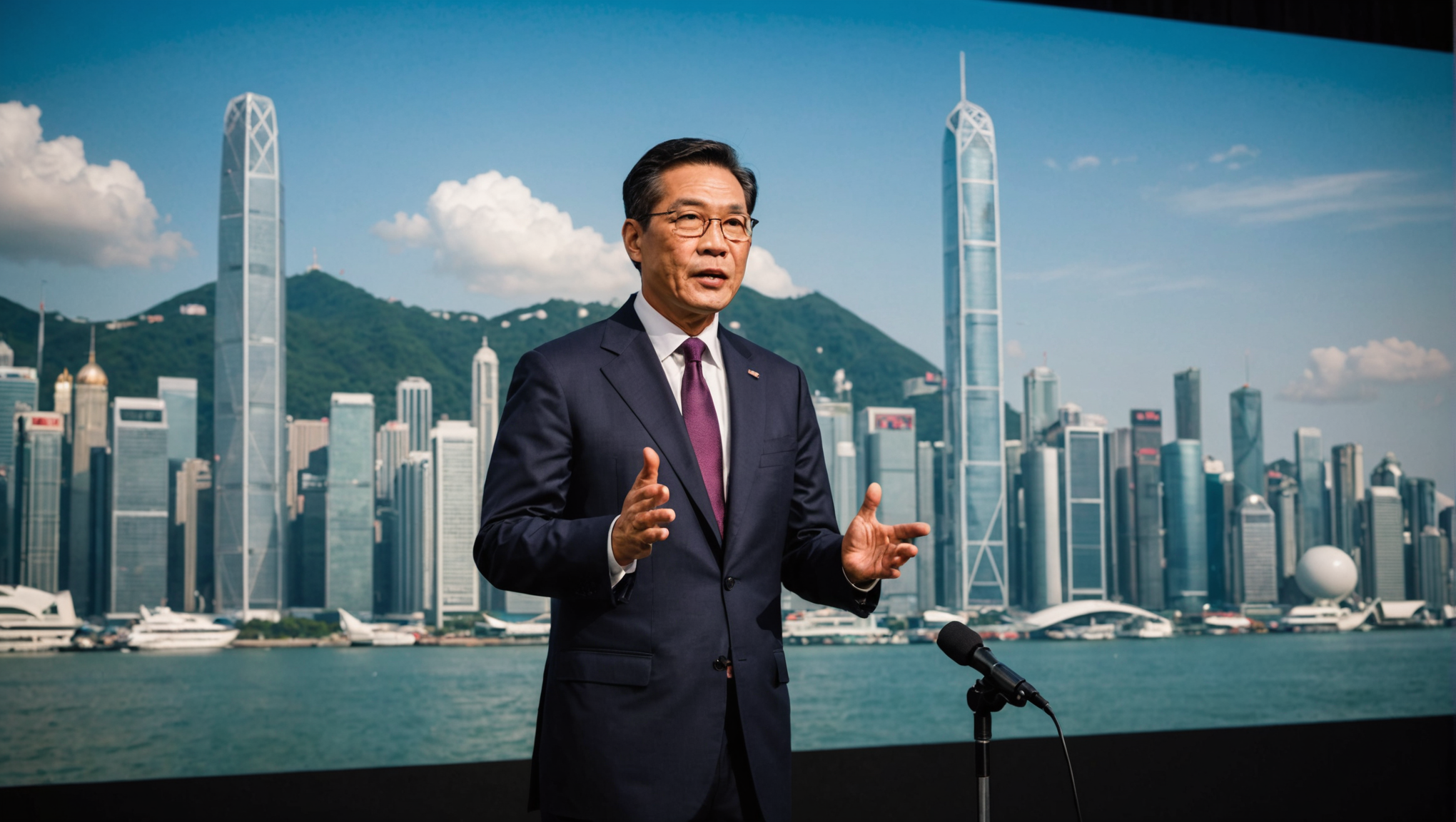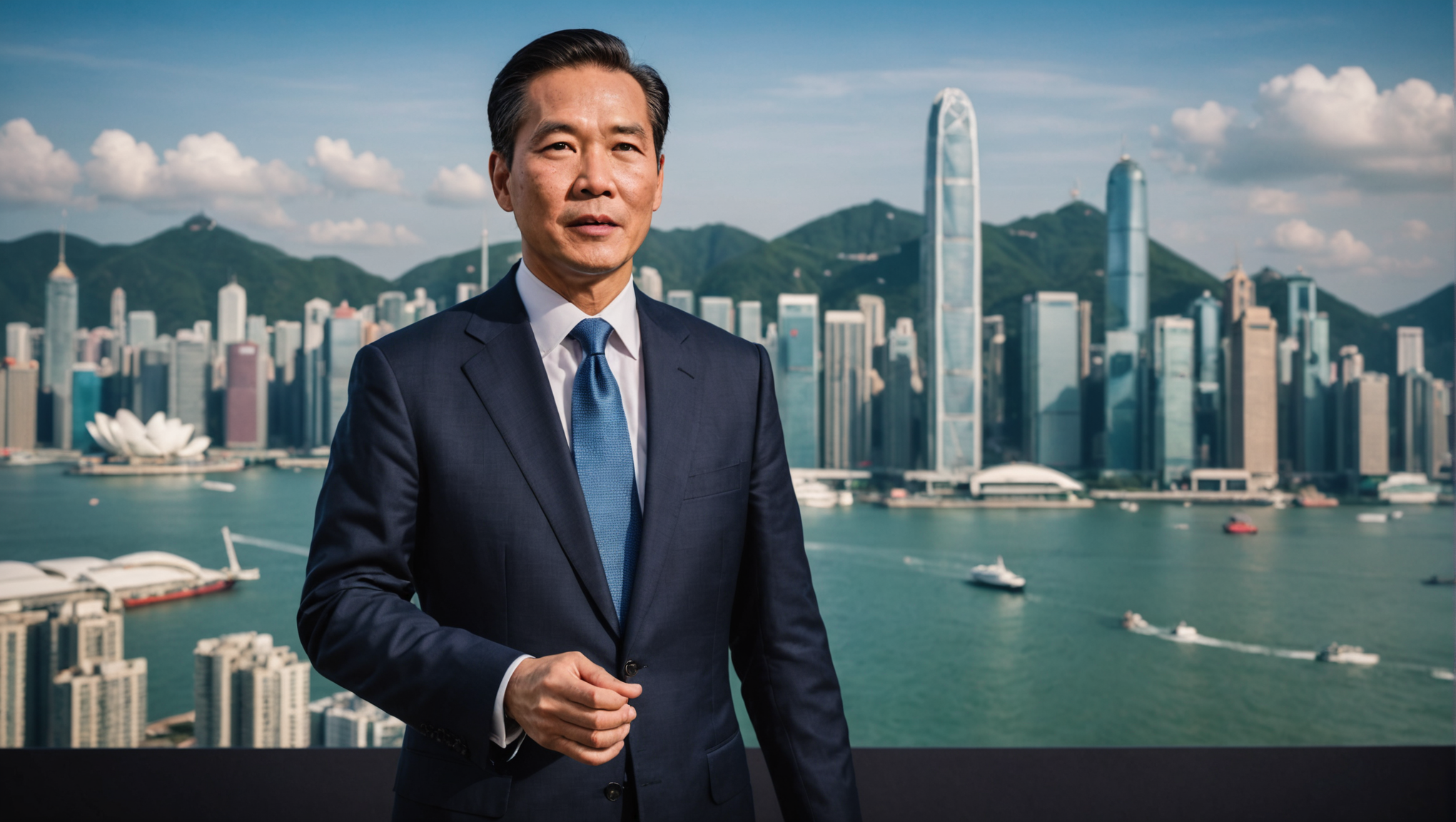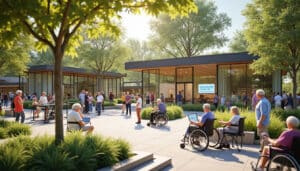In Hong Kong, a dynamic and turbulent metropolis, leader John Lee is embarking on an ambitious quest to attract talent while taking into account the worrying reality of subdivided apartments. In a world where exorbitant rents grow near 200,000 residents to live in precarious conditions, Lee wishes to question the blatant inefficiency of these micro-housings. His initiative aims not only to improve the comfort of residents, but also to strengthen Hong Kong’s status as an attractive business center for international companies.
Hong Kong Chief Executive John Lee recently highlighted his desire to attract more international talent and businesses to the metropolis. However, he also recognized the ineffectiveness of subdivided apartments, which have long been a housing solution for thousands of people. These unsanitary accommodations, often called “cage houses”, are the result of prohibitive rents in a region where demand far exceeds supply. Approximately 200,000 inhabitants still live in precarious conditions, hoping for an improvement in their situation in a constantly changing Hong Kong. This dual issue of housing and economic attractiveness highlights the challenges the city faces to guarantee a prosperous future for its residents.

Hong Kong’s leader and talents
The Chief Executive of Hong Kong, John Lee, recently expressed his desire to attract international talents to strengthen the city’s status as a global hub. In a context of increased competition with other metropolises, it was emphasized that the attractiveness of the city is based not only on its infrastructure but also on decent living conditions. The promotion of Hong Kong as an investment center attracts many qualified professionals, but the question of housing remains a major obstacle. Spartan apartments, sometimes what we call “capsule apartments”, are increasingly in the spotlight.
Subdivided apartments: an urban scourge
More than 200,000 people live in irregular housing in Hong Kong, particularly apartments of less than 8 m². These accommodations are often referred to as “cage houses”, a shocking reality which tarnishes the image of the metropolis. Despite efforts to develop new housing, the chief executive acknowledged that these living conditions are unacceptable. It aims to gradually eliminate these unworthy micro-housings, while seeking to attract foreign investments. The duality between the need for decent housing and economic attractiveness poses an extremely complex question for the city government.
The challenges posed by the housing crisis
This housing scourge in Hong Kong not only impacts the quality of life of residents, but also acts as a brake onarrival of new talents. Subdivided apartments fail to meet the needs of an ever-changing society. Additionally, the Hong Kong government is facing a brain drain, with more than 50% of working Hong Kongers considering leaving the city. If the city wants to maintain its economic dynamism and attract talent, it is imperative to reform the housing sector in order to offer viable and sustainable solutions. Current initiatives must go beyond announcements and translate into concrete actions.
Hong Kong: A call to reinvent housing and attract talent
The housing situation in Hong Kong has reached a critical point, with a significant number of residents living in subdivided apartments who do not meet the standards of dignified living. This poignant reality was recently highlighted by the leader of Hong Kong, who recognized the ineffectiveness of these restricted spaces. In fact, more than 200,000 people find themselves forced to live in living spaces reduced to less than 8 m², often called “cage houses”, because of the exorbitant rents that characterize the city’s real estate market. The call for a transformation of these housing units has become urgent to ensure an acceptable quality of life for its residents.
In this context, the Chief Executive, John Lee, formulated an ambitious objective: attract talent and international companies while improving the living environment of locals. Recognizing that the well-being of the population is an essential element in stimulating the economy, it tackles the housing crisis and fragmented living conditions head-on. This could not only reverse the alarming brain drain trend, but also boost Hong Kong’s status as a global hub for innovation and business.
Hong Kong’s challenge therefore lies in combining its economic ambitions with concrete solutions for housing. This requires the implementation of effective policies and strategic investments to create dignified housing while meeting the needs of national and international talent. In a world where the ability to find decent housing is becoming a key issue, the future of Hong Kong will depend on its ability to transform this reality.










